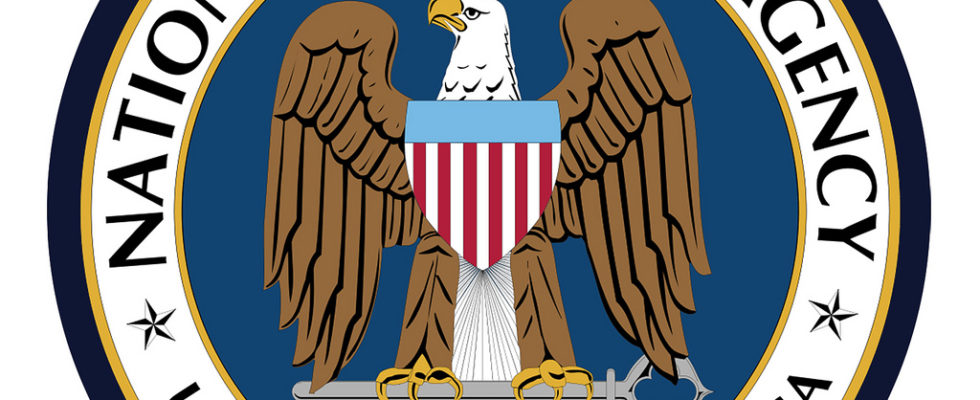Media reports accuse America’s telecom giants of providing vast troves of data about phone calls and Internet use to the National Security Agency (NSA), placing companies and politicians on the defensive against privacy advocates.
President Obama spoke on Friday in San Jose defending the use of network surveillance as a necessary tool to prevent terrorism.
“You can’t have 100 percent security and also then have 100 percent privacy and zero inconvenience. We’re going to have to make some choices as a society,” Obama said. “I think that on balance, we have established a process and a procedure that the American people should feel comfortable about.”
The firestorm began with a report by the Guardian, which obtained a court order dated in April from the Foreign Intelligence Surveillance Court (FISA) that requires Verizon to give the NSA ongoing, daily information about phone calls in the US and abroad.
The FISA court had reauthorized that order every 90 days since 2007, according to the Washington Post. The NSA also reportedly used the FISA court to order data collection about phone calls from AT&T and Sprint Nextel, according to The Wall Street Journal.
The NSA also collects data from the networks of nine U.S. Internet companies through an initiative called PRISM, according to the Washington Post, which obtained a slide briefing about the program used by agency employees.
This scrutiny about government surveillance could make it more difficult for U.S. telecom and Internet companies to gain approval from European Union regulators to expand their businesses into Europe, former NSA General Counsel Stewart Baker told Bloomberg West.
British intelligence agency Government Communications Headquarters (GCHQ) has also gathered intelligence on British citizen through PRISM, the Guardian reports.
The PRISM documents list the dates at which the nine Internet companies joined the initiative. The companies are Microsoft, Yahoo, Google, Facebook, PalTalk, AOL, Skype, YouTube and Apple. Statements from officials at those companies, including Google’s Co-Founder Larry Page and Facebook’s Founder Mark Zuckerberg, each denied involvement, claiming they did not allow the NSA direct access to accounts and that they do not disclose user data without a legal request from the government. None of the companies denied that the government had obtained user data from their networks.
These denials are carefully worded because the government does not need direct access to accounts to obtain information, according to Marc Ambinder, an editor at The Week, who explains how the government may access data using PRISM.
Reports of widespread domestic surveillance bring more heat on an already embattled Attorney General Eric Holder, who is facing criticism from members of Congress about the seizure of Associated Press phone records as part of a leak investigation and about the Internal Revenue Service’s admissions of allegedly targeting conservative groups.
Holder faced scrutiny about the Guardian story on the surveillance of Verizon’s phone calls on Thursday from members of the Senate Appropriations Subcommittee on Commerce Justice, Science and Related Agencies, during a hearing that was scheduled coincidentally for the morning after the Guardian story broke. Guardian reporters detailed the meeting in a blog, including a subcommittee decision for Holder to give a future, classified briefing on the issue to the full Senate Appropriations Committee.
Former President George W. Bush began the NSA’s domestic surveillance of phone calls shortly after the terrorist attacks of Sept. 11, 2001. The New York Times unmasked the secret wiretapping program in 2005.
Mother Jones compiled a quick timeline of the NSA’s surveillance efforts spanning from 2001 to 2013.
[Image courtesy of Flickr user DonkeyHotey (CC BY 2.0)]

